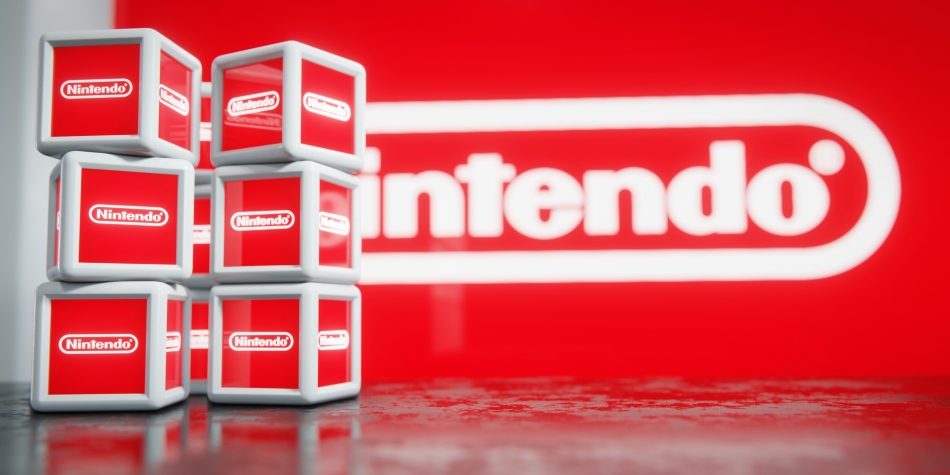
Nintendo has issued an urgent warning about phishing emails that appear to come from its official addresses, such as no-reply@accounts.nintendo.com, but are actually fraudulent.
These emails, designed to mislead recipients, contain information about unrelated services and companies and attempt to lure users into clicking malicious links. Nintendo clarified that these messages are not legitimate communications from the company and have advised users to exercise caution when handling these emails.
Email spoofing is a common technique in phishing attacks where attackers make it look like their emails are coming from a trusted address (like Nintendo's official no-reply@accounts.nintendo.com). This does not mean that Nintendo’s email account or email systems were hacked, but rather that the attackers are tricking email systems into displaying the trusted address in the “From” field.
Nintendo is a global leader in gaming and entertainment, known for iconic franchises like Super Mario, The Legend of Zelda, and Pokémon. With a dedicated customer base spanning more than 100 million Nintendo Switch consoles sold worldwide, the company’s reach is vast. That being said, these phishing emails could impact millions of users globally, particularly those with Nintendo Accounts used for purchases, subscriptions, and online gameplay.
In a public warning published earlier today, the company noted that these phishing emails are sent by third parties who spoof Nintendo’s email addresses to make the messages appear authentic.
Within the emails, users may encounter links leading to fraudulent websites designed to harvest personal information. Nintendo stressed that recipients should delete these emails without interacting with any embedded links or attachments. The company has recommended that users who receive these emails frequently consult their email service provider, as many providers offer tools to block spam and phishing attempts.
Recommendations
Nintendo provided specific guidance for users who may have accidentally interacted with these phishing emails.
If users inadvertently clicked a link within the email, Nintendo advises immediately closing the browser to prevent any further interaction with the fraudulent site.
For those who may have entered their Nintendo account details on these phishing websites, Nintendo strongly recommends changing the account password on the official Nintendo website as soon as possible.
Additionally, users are advised to enable two-factor authentication (2FA) and passkey settings to secure their accounts further.







Leave a Reply